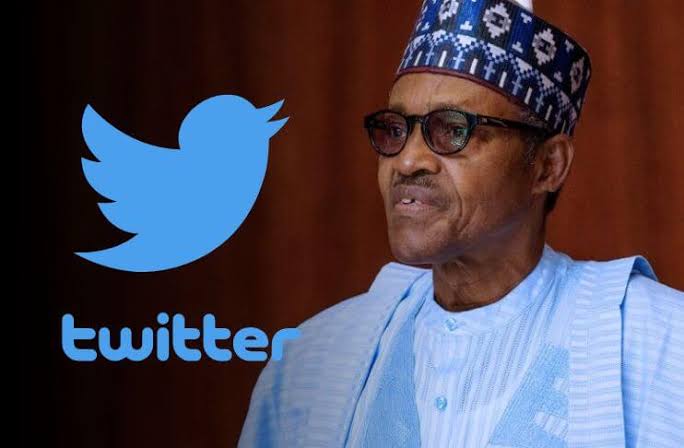
According to a court judgement by West Africa’s regional body ECOWAS that was viewed by AFP on Thursday, a seven-month ban on using Twitter in Nigeria was in violation of the country’s constitution.
In June of 2017, the Abuja administration temporarily shut down Twitter after the popular social media platform erased one of President Muhammadu Buhari’s tweets. In January, the restriction was removed.
Following a lawsuit that was filed by rights activists and a Nigerian non-governmental organisation (NGO) known as the Socio-Economic Rights and Accountability Project (SERAP), the court for the Economic Community of West African States (ECOWAS) handed down its decision.
In a summing-up statement that was sent to AFP, the court said that the ban, which had drawn international condemnation, was unlawful, violated people’s rights to freedom of expression and access to the media, and went against certain provisions of the African Charter as well as the International Covenant on Civil and Political Rights.
In addition to ruling that the prohibition was unconstitutional, the court urged the Nigerian authorities to ensure that it would never happen again.
Following discussions with officials from Twitter, Abuja removed the ban; nevertheless, restrictions were imposed, one of which required Twitter to register its business in Nigeria, the country with the biggest economy in Africa.
Due to the fact that the majority of Nigeria’s population of 200 million people are under the age of 24, the nation is very active on social media.
Given the significant role that Twitter plays in political discourse, many people in Nigeria were taken aback by the ban. One example of this is the hashtag #BringBackOurGirls, which was used on Twitter when Boko Haram militants abducted almost 300 schoolgirls in 2014.
Twitter was also used by young activists to organise rallies against police brutality that was part of the #EndSARS movement. These protests ultimately became the biggest demonstrations in Nigeria’s modern history before they were put down by the government.
Twitter accounts are held by around 20 per cent of the country’s population or approximately 40 million Nigerians.
At first, Abuja announced a complete ban on the platform, accusing it of enabling activities that it said threatened the existence of the country. As evidence, it cited posts by separatist agitators from the country’s southeast, which is the region where a civil war in the country’s southeast fifty years ago killed one million people.
Kashifu Inuwa Abdullahi, director general of Nigeria’s National Information Technology Development Agency (NITDA), said at the time that “unscrupulous individuals” were using Twitter “for subversive objectives and criminal operations, promoting false news, and polarising Nigerians.”
Two days before to the suspension, Twitter removed a post from President Buhari that threatened to take action and deal with those users “in the language they understand.”